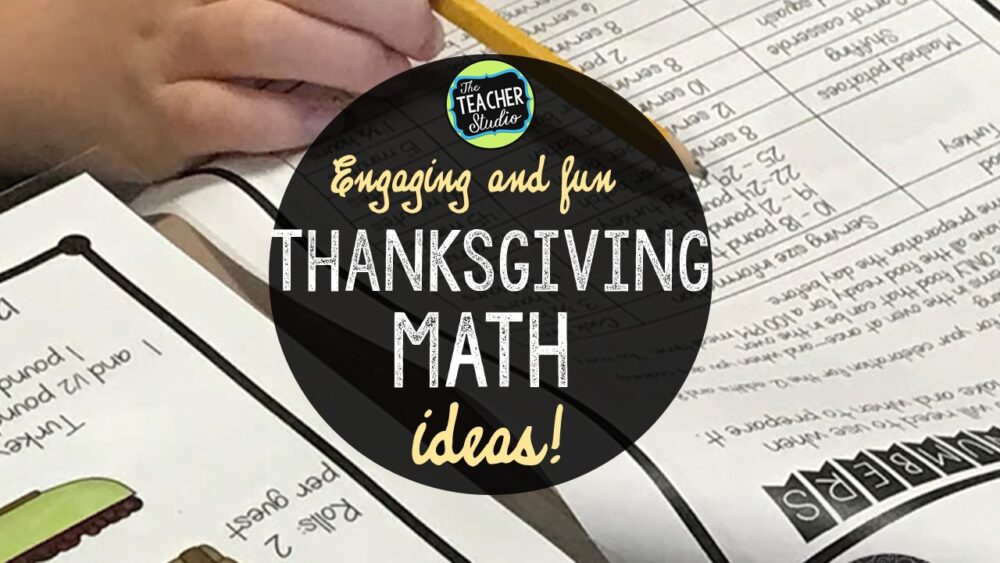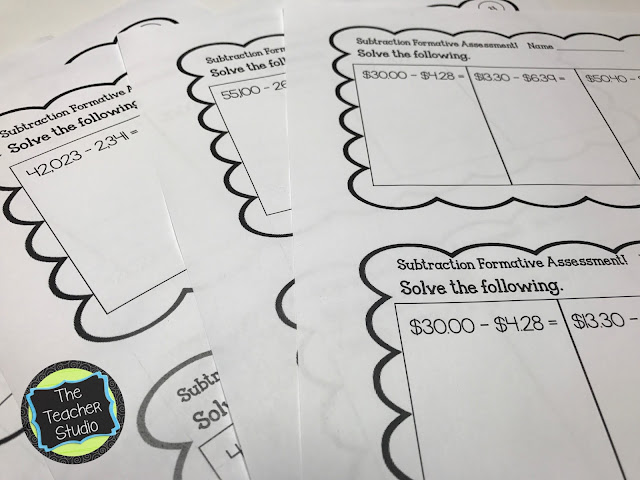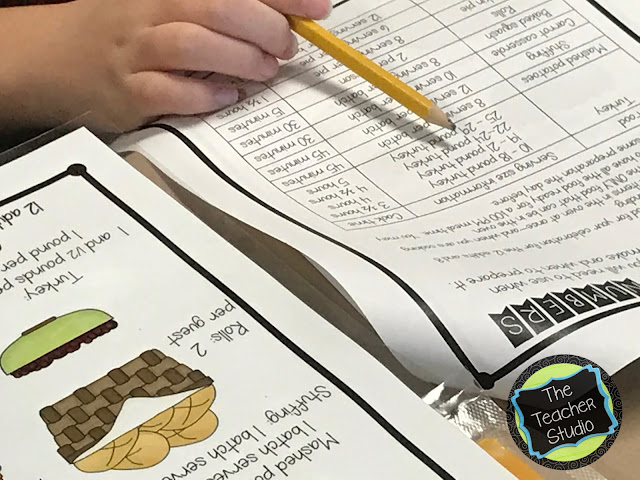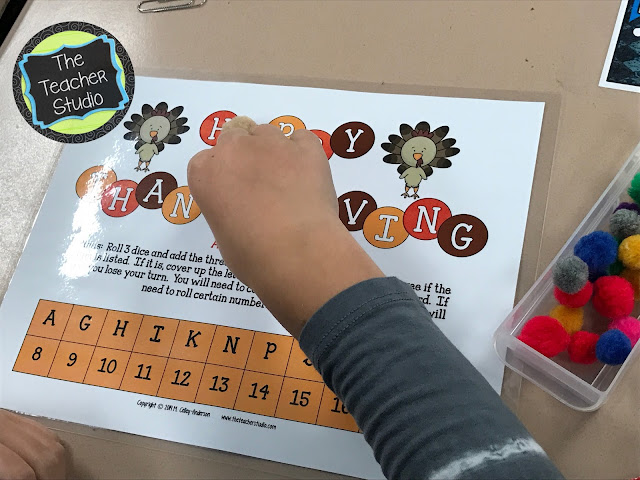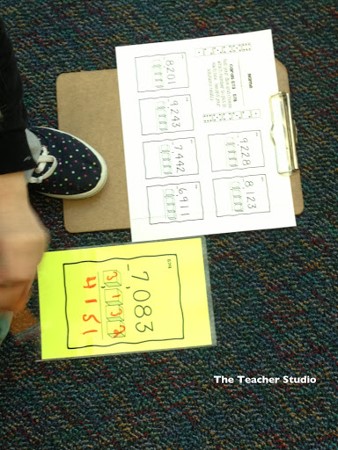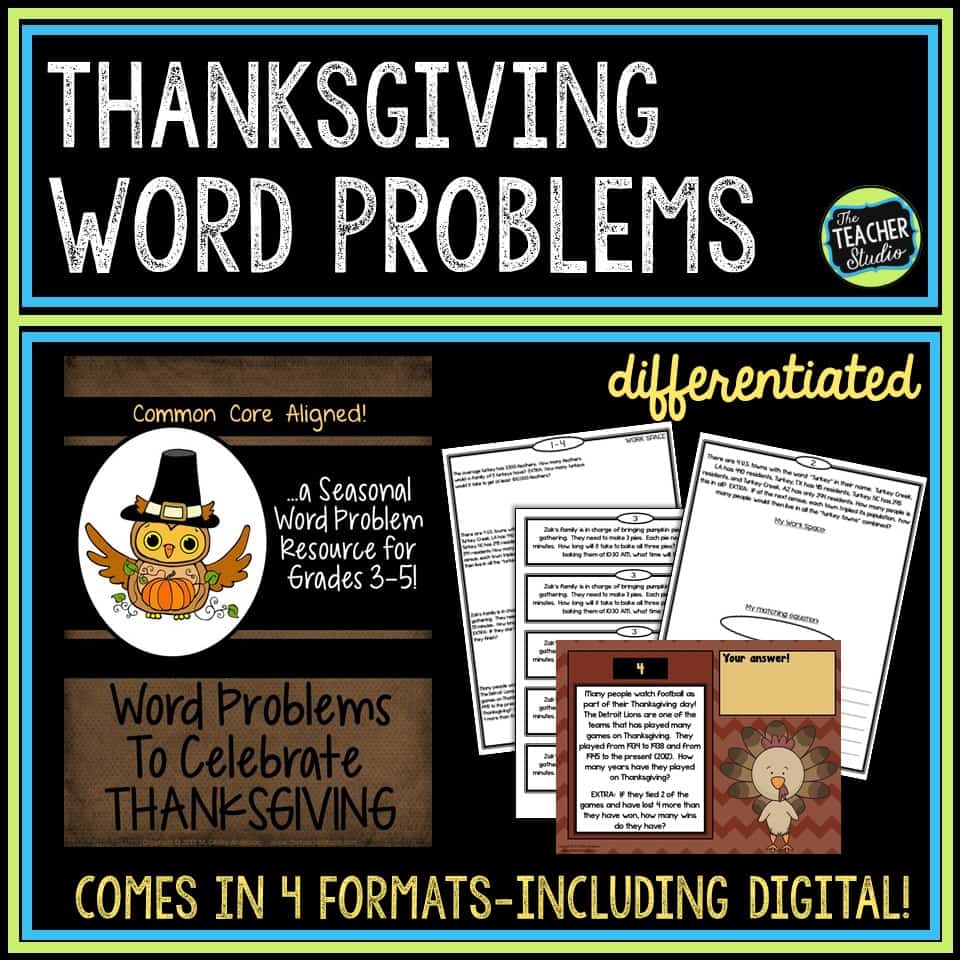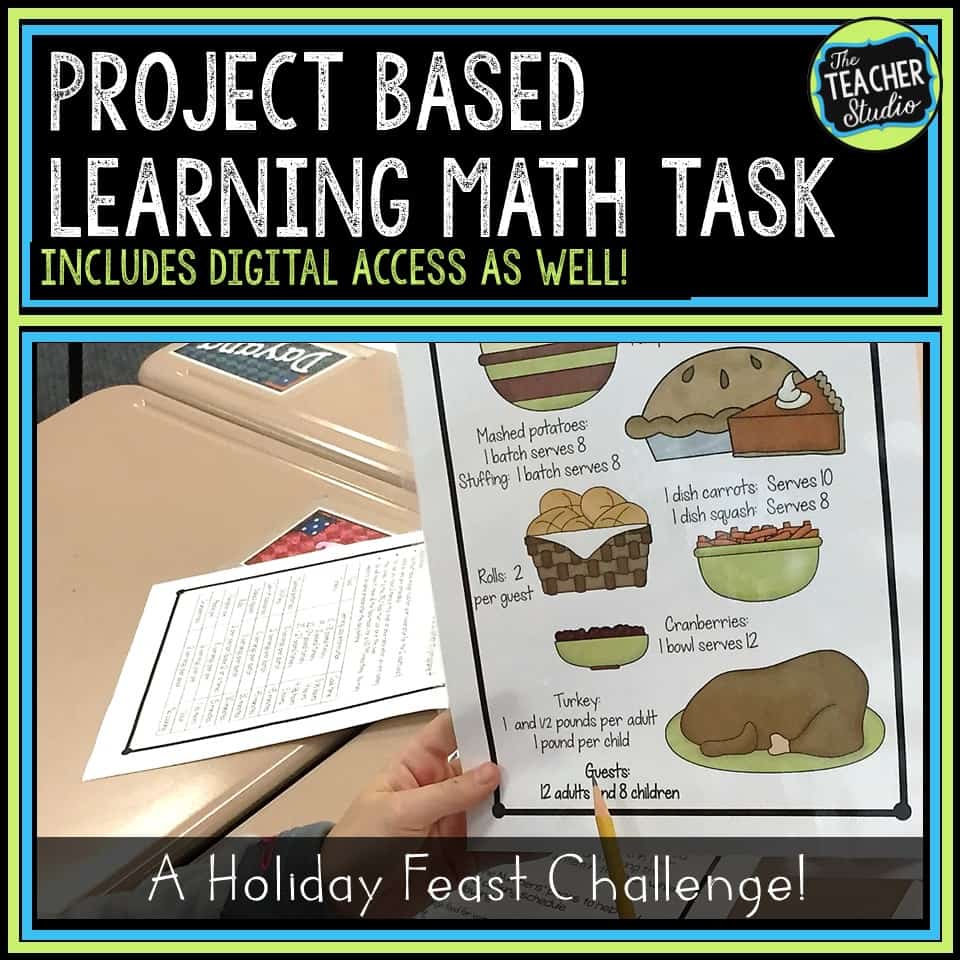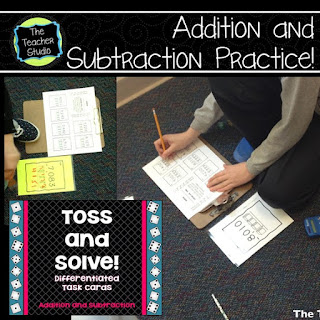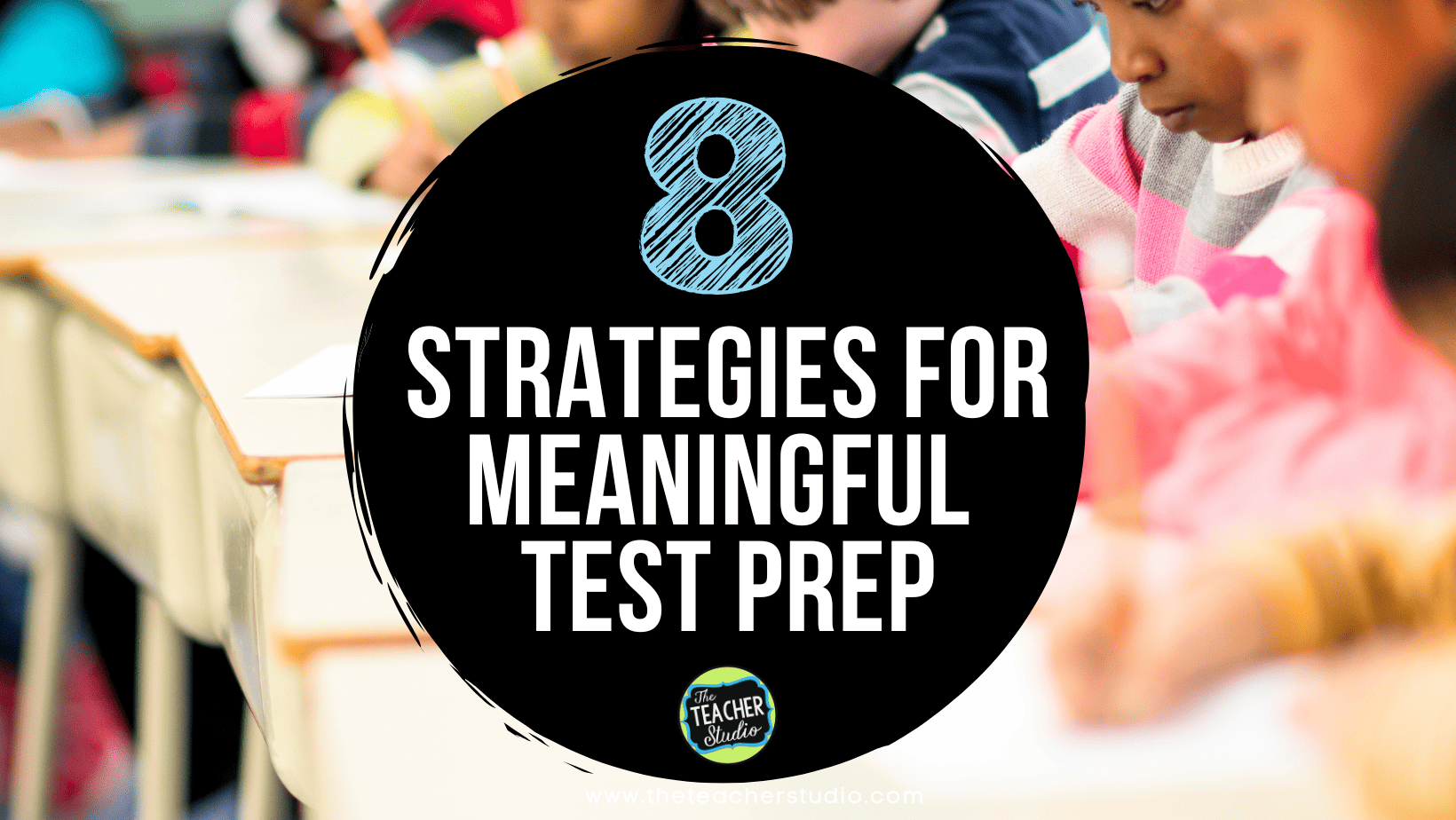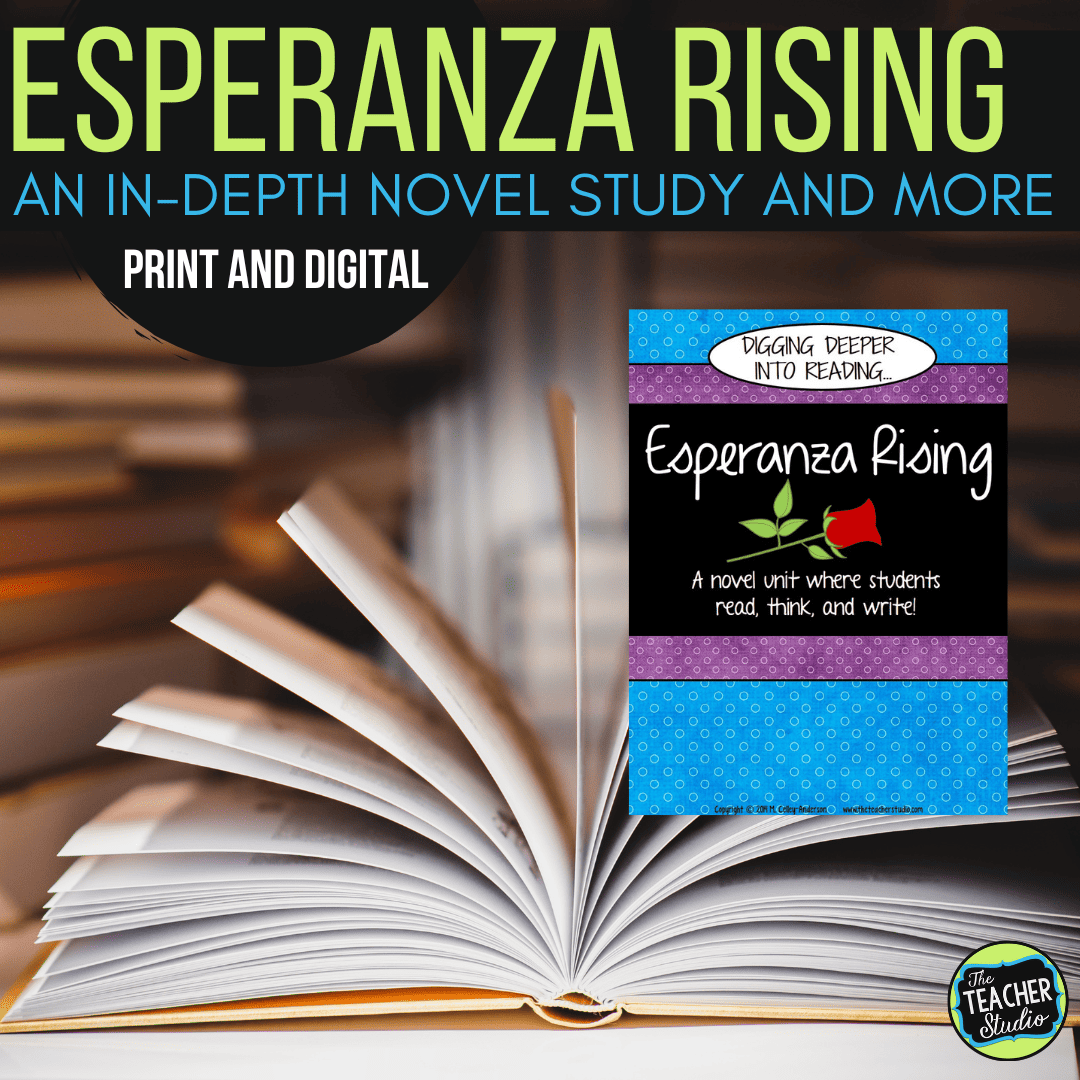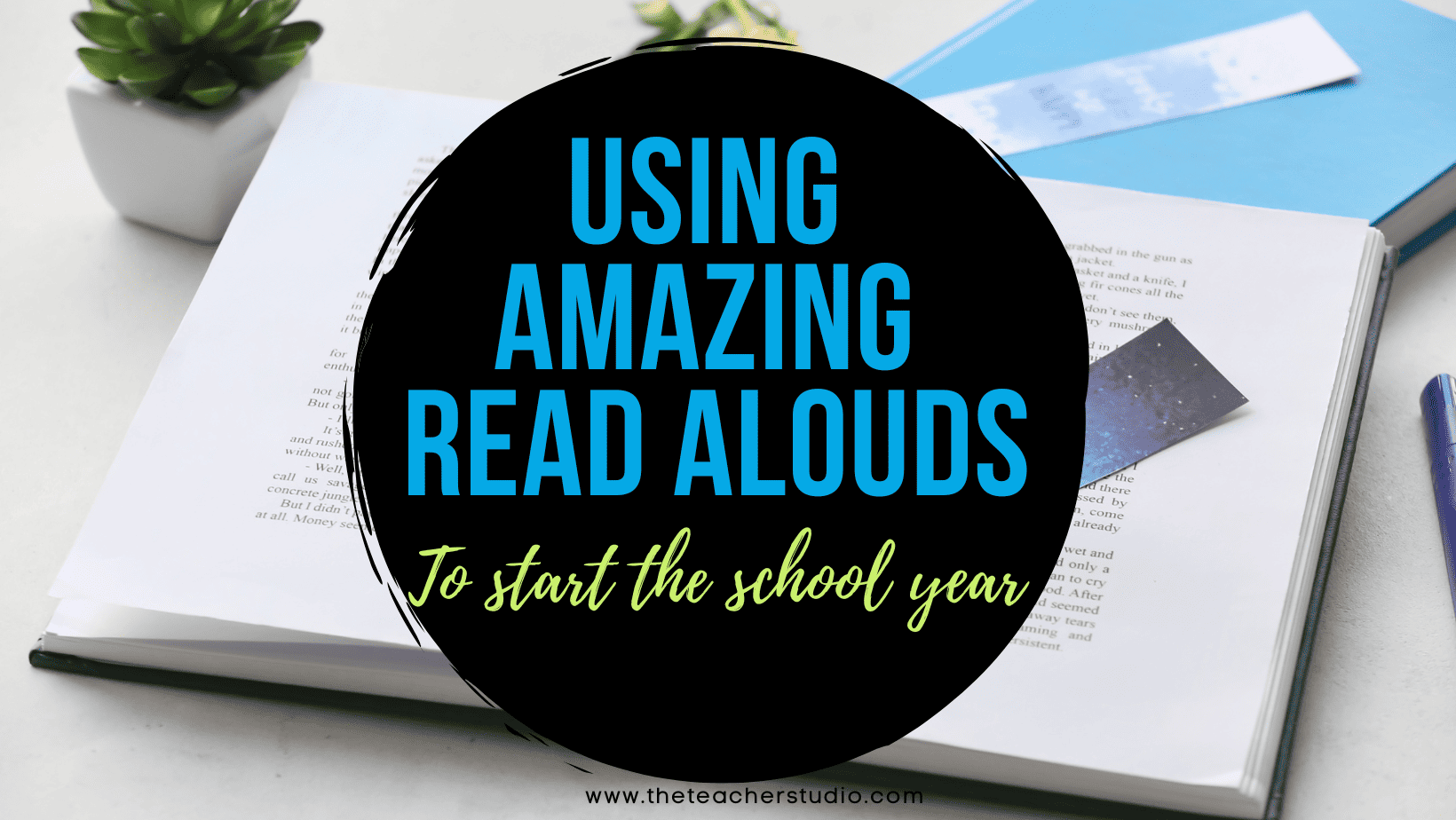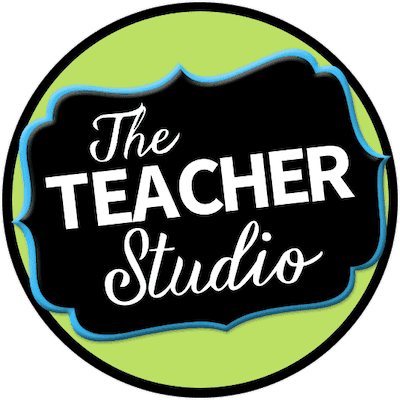

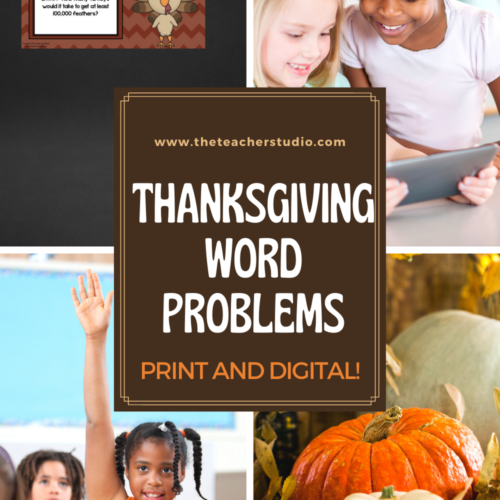
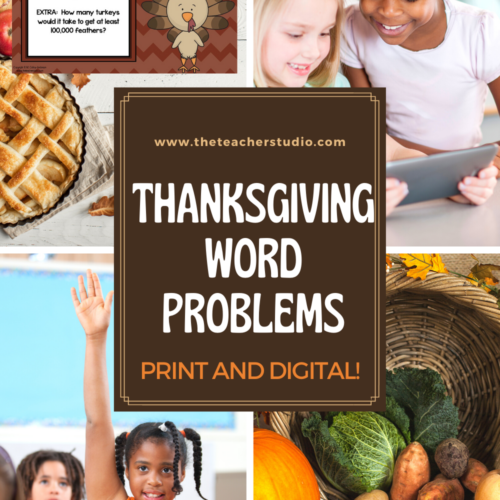
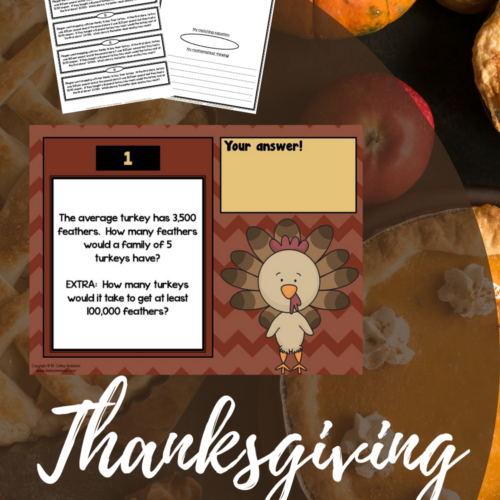
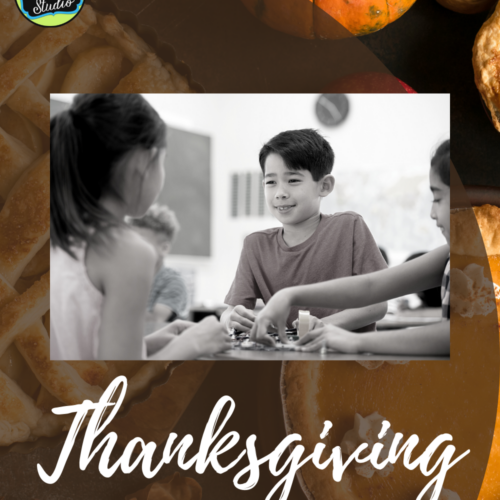
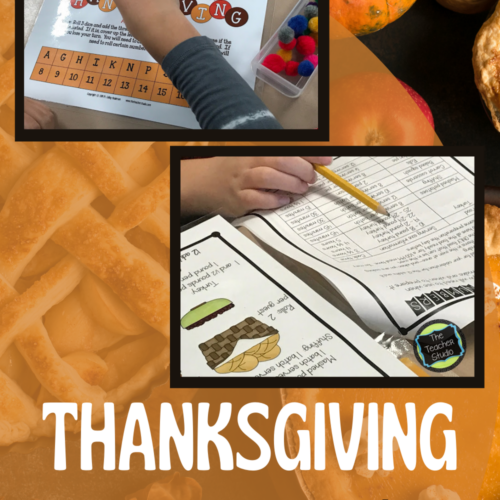
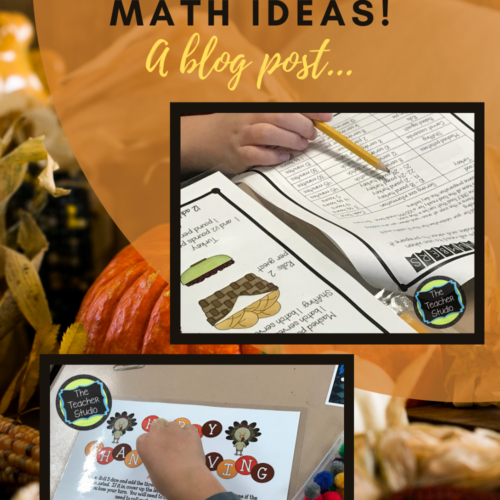
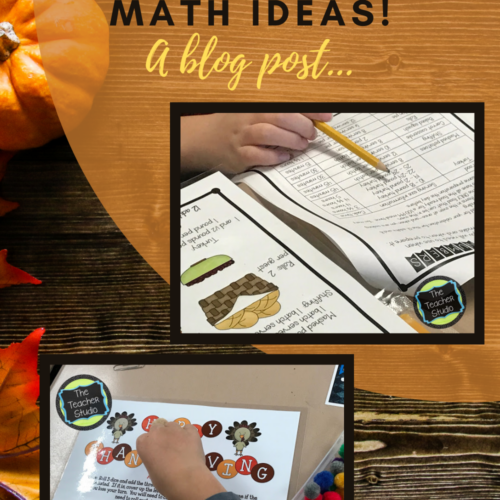
So often, I get questions like, “What does math workshop look like in your classroom?” and it’s always such a tough question to answer–because it changes all the time. So I thought I’d tell you about my plans for a little Thanksgiving math work–and see if you can picture what I’ll be doing! Maybe in a month or so I’ll do another post and show another “twist” on math workshop organization!
For the next week or so, our curriculum has me scheduled to work on subtraction with regrouping. As you can imagine, I have students at ALL levels of sophistication with that skill–so there is no real way I can teach for a week or more whole class! My goal is always to maximize the amount of time students spend on “just right” instruction, so here’s what the next week will look like.
1. Pretesting and regular formative assessments
Although I don’t do them every day, doing quick progress checks are SO important to me. Based o what I find, I can group students in different ways on different days to make sure that everyone gets as much “just right” instruction as possible. Everyone learns at different rates–and waiting until the end of the unit is simply not an ok time for students to get feedback on their performance. These quick checks literally take minutes and can help me see who is getting it–and what types of mistakes students are making. This error analysis is so important in helping us streamline instruction.
2. Full class and partner warm ups
To warm up our brains each day, I make a choice of a warm up activity. Some days it might be a number talk, other days it may be a review problem or two–but one of my favorite warm ups is a challenging word problem! I LOVE using word problems to warm up because it sets the stage for thinking all day! I often have them try a problem alone first where they try to implement all the strategies I have taught to “dig in”. After a bit of work time, I offer up the option to pair up to continue. Some choose to keep working on their own, others like the collaborative part. I circulate and check for understanding, encourage organization and precision, and hunt for interesting work to share under the document camera.
What problems am I using? Thanksgiving math problems, of course! I love these because they are filled with cool facts–and each has two levels of challenge. I use several as warm ups, and then the rest of them get put on the wall in a pocket chart for students to do when they have time–or as a rotation in math workshop. Also, I try to have other problems available that might be more “accessible” as well–so that those “wall problems” are not seen as something for only my top students. ALL students can easily access word problems to do during their math choice times. (Side note: These now include both PRINT and DIGITAL forms!)
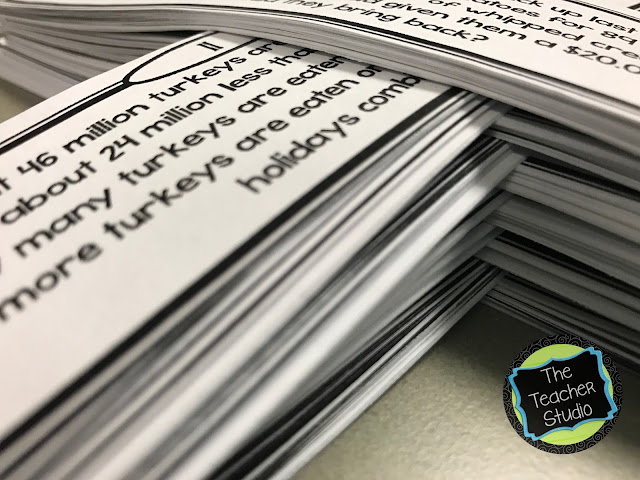 |
| These Thanksgiving problems are fun because students LOVE some of the cool facts they include–and each has an “extra” part to allow those students who are ready to add a level more challenge! |
3. Small group, targeted instruction
For these weeks, the lessons focus on subtraction…starting small (even with base 10 blocks for some) and then eventually moving through subtraction across zeros with increasingly large numbers and money problems. I definitely will need to be grouping over the next week or so–and I am planning on two different approaches to this. Some days I will be splitting my class in half and teaching the concept at two levels.
This allows me to spend more time with my struggling students and to use more hands on teaching methods to help build their conceptual understanding. When I do this, I do NOT meet with my two groups for equal amounts of time…my mini lesson for my “on track” students might be 10-12 minutes followed by some supported practice while my strugglers might get my full attention for 25-30 minutes.
Other days I might teach the lesson to the entire class (I did this today) and then I either assess or have students self-assess and I follow up the lesson with a second “reinforcing” lesson. I often call this “coaching time” where I invite (or mandate!) students who might have struggled during the minilesson to come do some additional work with me. Students who are ready to roll can do some independent practice, make sure they are on track, and then move to some differentiated activities that are a good match for them.
4. Differentiated activities during workshop time
Project Based Learning Task: The Holiday Feast
Thanksgiving Math Games
Addition and Subtraction Fluency Practice
A third choice is another fluency practice activity I call “Toss and Solve”. Students have laminated cards that look like this–from two-digit on up to 4 digit. They roll dice to make the bottom number and then work to solve. They can either check their work on a calculator or two students can each solve it, compare answers, and then work to solve any discrepancies. I LOVE having students hunt for errors…and brain research says this is a great way to build those brain connections! This isn’t really Thanksgiving math, but it’s what we need some work on!
Remember, too, that there are always word problems available as well, so students really have several choices during this short unit. I work hard to help my students make just right choices, but there are times when gentle reminders are needed!
When I am not teaching my small groups, I am circulating and coaching as students do these different activities–and my goal is also to pull a few intervention groups along the way as well. I still have a number of students FAR below grade level who need work on basic number sense and fact strategy work, so while students are busy during math workshop, I have time to pull them and work on their varying needs.
Thanks for stopping by and taking a peek at my next week and a half or so of Thanksgiving math workshop as we dig into our subtraction with regrouping review. If today was a sign, I know I am going to have a pretty sizable group needing enrichment during this time–not a bad problem to have, right?
Interested in any of the Thanksgiving math resources mentioned above?
Just click the photos above or these images below. Thanks for stopping by!


